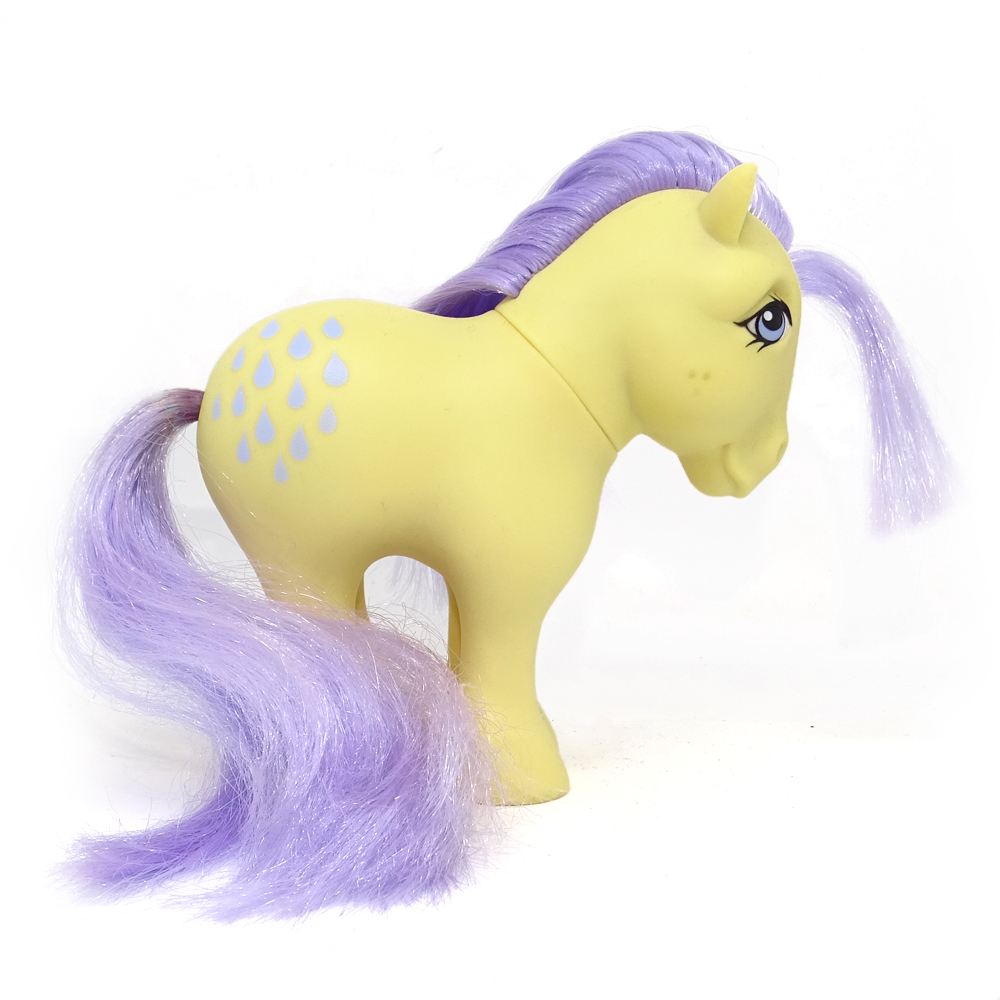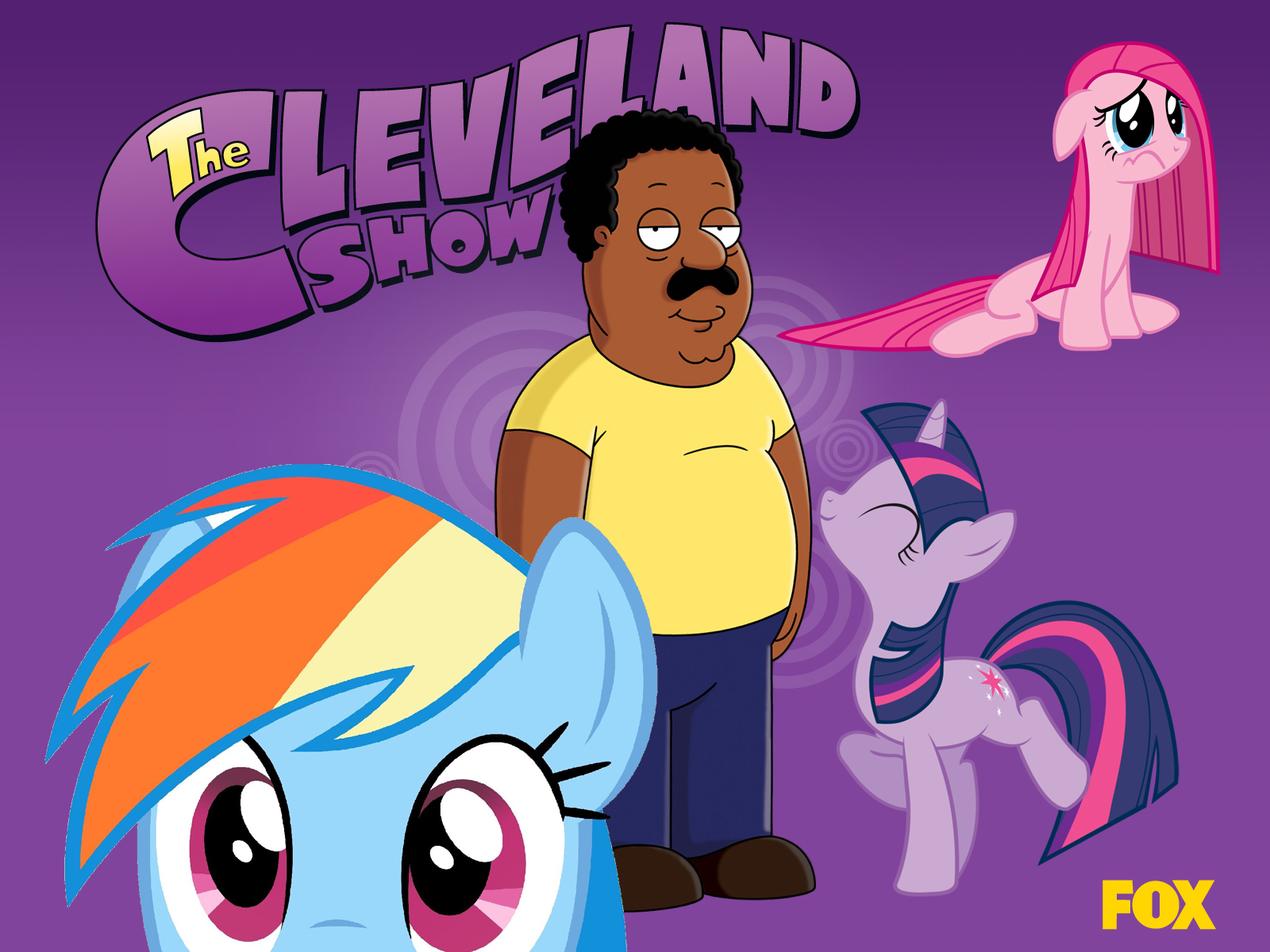
This probably reflects the fact that as an herbivore, the mature horse’s diet is naturally low in fat and so their metabolism has evolved to function on a carbohydrate based diet.Īt the 2006 European Workshop on Equine Nutrition (EWEN) which focussed on the nutritional requirements of the broodmare and youngstock, a leading French researcher commented that “the period between 3 and 6 months is very sensitive for Developmental Orthopaedic Disease (DOD) as it is established that 67% of foals exhibit potential bone lesions which regress for most after weaning when feeding is correct and suitable exercise is provided.” Interestingly, mare’s milk has a relatively low fat content with the White Rhino being one of the few species said to produce milk with less fat in it than horse milk. A 500kg mare can produce between 10 and 17.5kgs of milk a day which is largely comprised of water and is why the lactating mare will drink a lot and should always have access to plenty of water. Clearly this creates a huge demand for youngstock horse feed that contains the best energy and nutrients and at this time it is usually the mare’s milk that needs to meet this demand, this milk is of course the best feed for growing horses. During the first 2 months a foal gains between 1.5 to 2kgs per day. One measure of growth rate is average daily gain (ADG) which simply relates to the amount of weight the foal gains on average each day.

This is one of the reasons that bigger horses tend to take longer to mature and so may need more time to develop before they are ready for work. The Newborn FoalĪ foal is born weighing between 7% and 13% of its adult bodyweight – this is equivalent to a 70kg woman giving birth to a baby weighing between 5 and 9kgs or 10.7 to 20lbs! Bigger breeds tend to be a lower proportion of their adult weight when they are born (7%-10%) whereas Shetland ponies have been shown to be around 13% of their adult weight at birth. Ensuring an age appropriate, balanced diet may help to avoid some of the potential pitfalls that can occur when breeding horses, especially regarding nutrition. However, if you have taken the decision to breed from your mare or are buying a youngster for the future, getting their nutrition right is vital and this starts with selecting the right horse feed for them by securing an appropriate youngstock feed and/or balancer. It is a long standing joke that only fools breed horses as it is rarely a profitable venture and is hugely demanding on your time and energy. Posted on 13th July 2019 and written by Katie Williams

Healthy Range Nutritionally balanced feeds with added vits and mins.Grass Range Made using only the finest UK grown grasses.Hi-Fi Range Low in calories and for horses in light work.Alfa-A Range For horses in moderate to hard work or promoting condition.


 0 kommentar(er)
0 kommentar(er)
